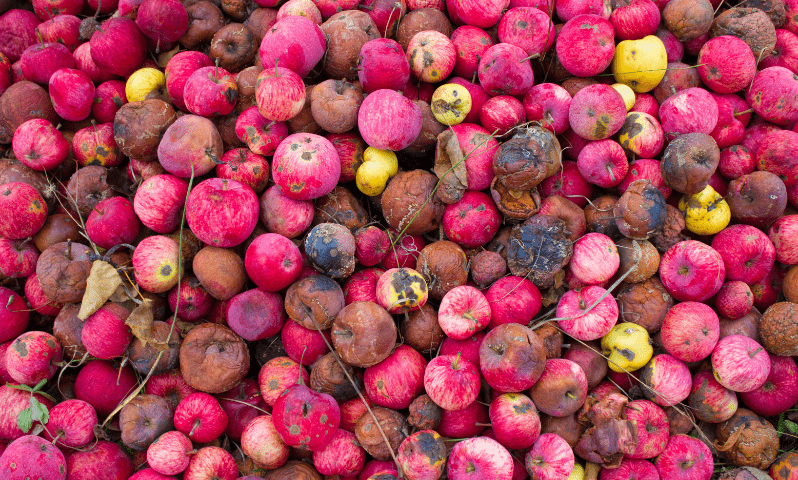G20 Resource Efficiency Dialogue
The G20 Resource Efficiency Dialogue, under the Italian Presidency, hosted the meeting of over 80 G20 government representatives to exchange best practices in food waste reduction and discuss ways to enable a wider uptake of circularity in the textile and fashion industry.
June 26th, 2021
The G20 Resource Efficiency Dialogue, under the Italian Presidency, hosted the meeting of over 80 G20 government representatives to exchange best practices in food waste reduction and discuss ways to enable a wider uptake of circularity in the textile and fashion industry.
Food waste reduction presents a huge opportunity to drive forward economic, social and environmental goals across the world. According to the recent Food Waste Index prepared by the UN Environment Programme, the level of food waste generation is roughly the same across countries, regardless of their income levels.
Food loss and waste cost the global economy nearly US$1 trillion each year, and one-quarter of all water used for agriculture worldwide is used to grow food that is ultimately wasted. Food loss and waste generate about 8% of global greenhouse gas emissions.
Participants discussed current policies and measures to prevent food waste in G20 countries, including a wide range of measurement solutions, voluntary agreements with businesses, consumer campaigns, and supporting policies and legislation.
Contributors presented specific approaches to reducing food waste, sharing a wealth of experiences by highlighting recent examples of initiatives in different countries such as China, Canada, Australia, Indonesia, Brazil, Italy, Turkey, UK and Kingdom of Saudi Arabia.
Reducing food loss and waste delivers numerous benefits for society, including that of simultaneously reducing the greenhouse gas emissions associated, moreover, it also contributes to building a resilient recovery from the Covid-19 crisis.
UN speakers emphasised the importance of food waste measurement in monitoring and identifying target areas for intervention.
The G20 Resource Efficiency Dialogue provided a valuable opportunity to draw on the collective experiences of the G20 countries, complementing the UN Regional Food Waste Working Groups.
Reducing food waste requires coordination between several government ministries, regional government and the private sector.
A recurrent theme, also addressed at the Workshop on Circular Fashion, was that transformative action on resource efficiency requires multi-actor cooperation to influence consumption choices and that global cooperation is crucial to its success. The Italian G20 Presidency will convene a meeting to further exchange and examine best-practice solutions in more depth, ahead of the UN Sustainable Food Systems Summit.
